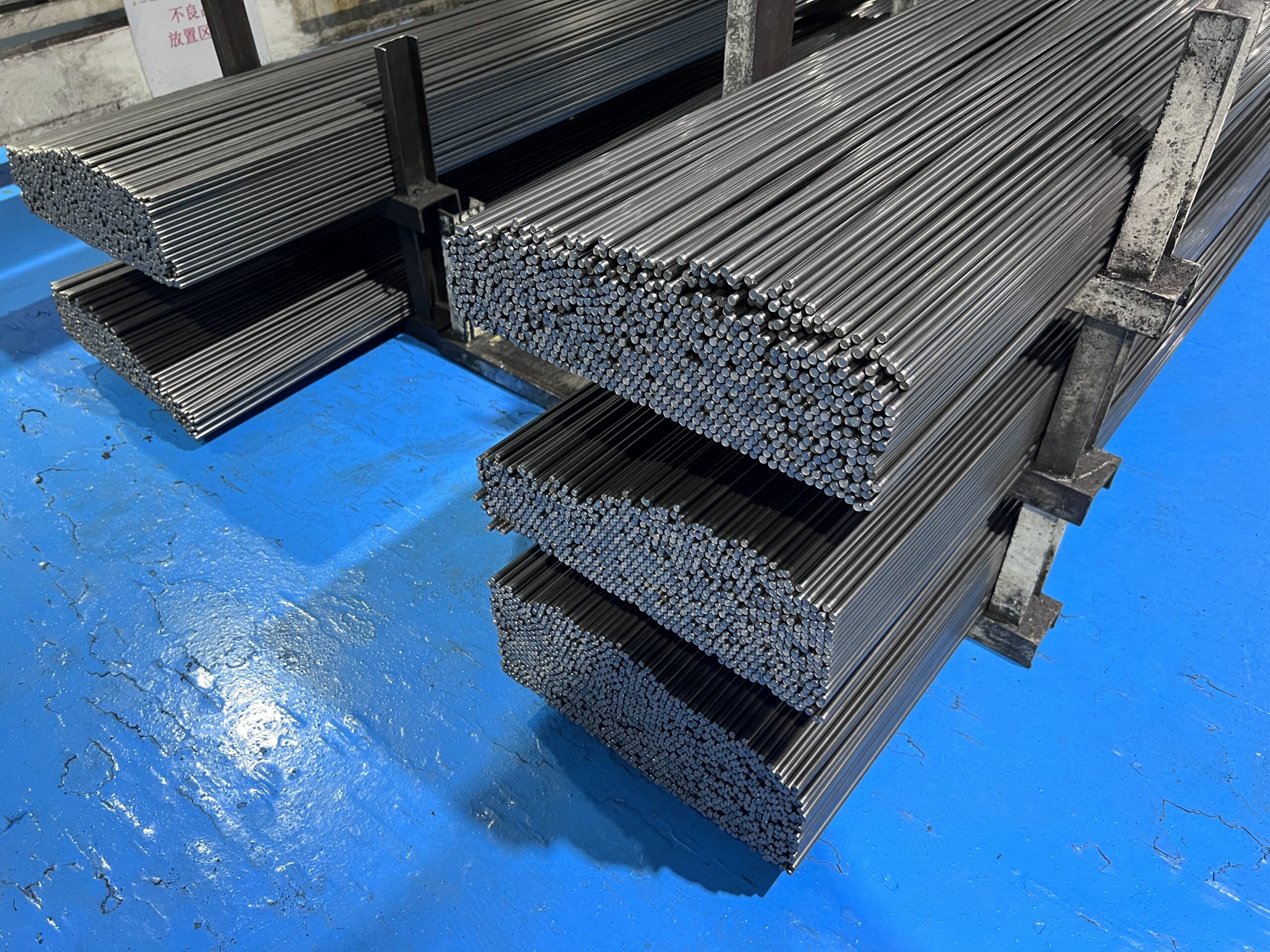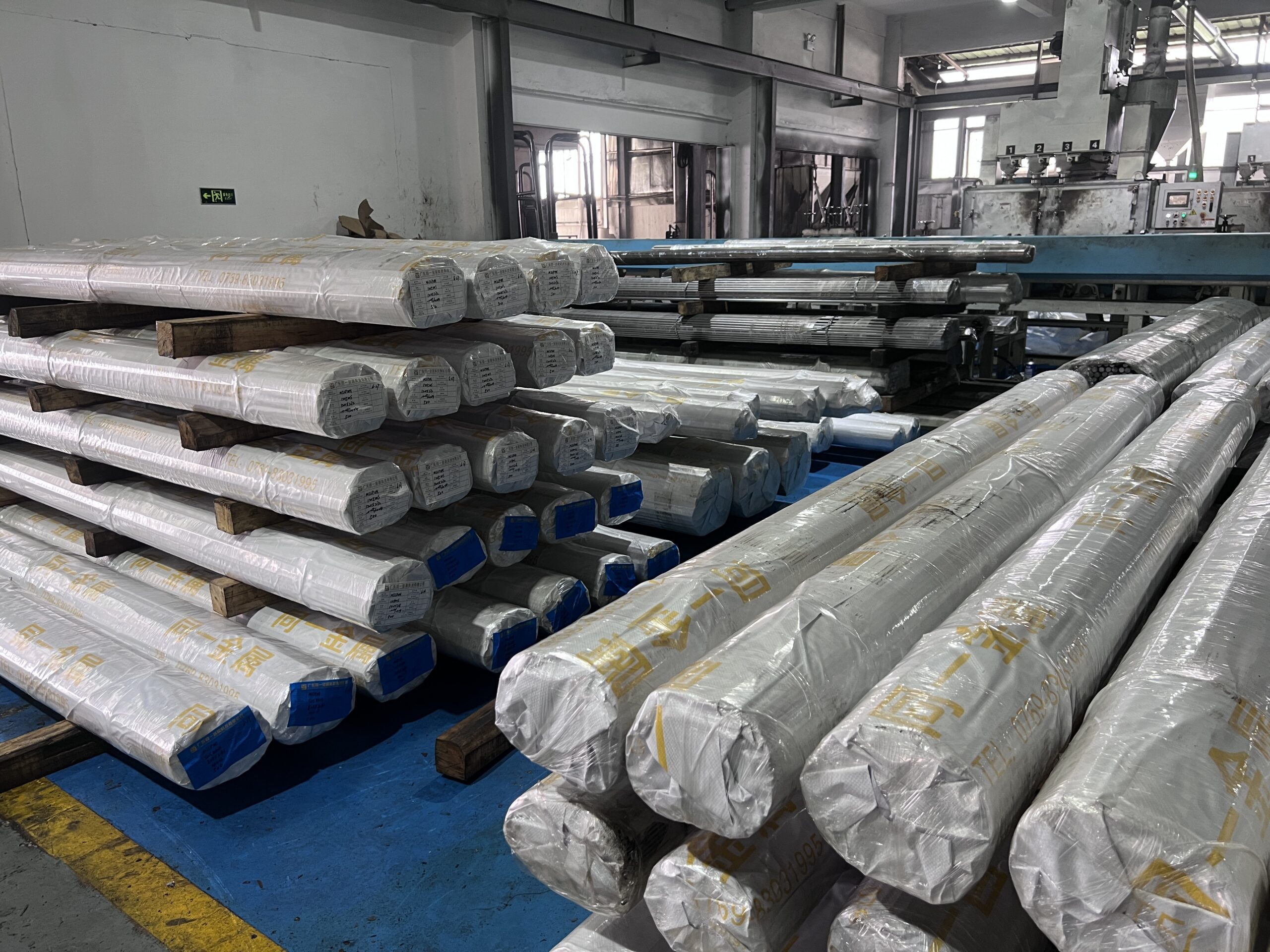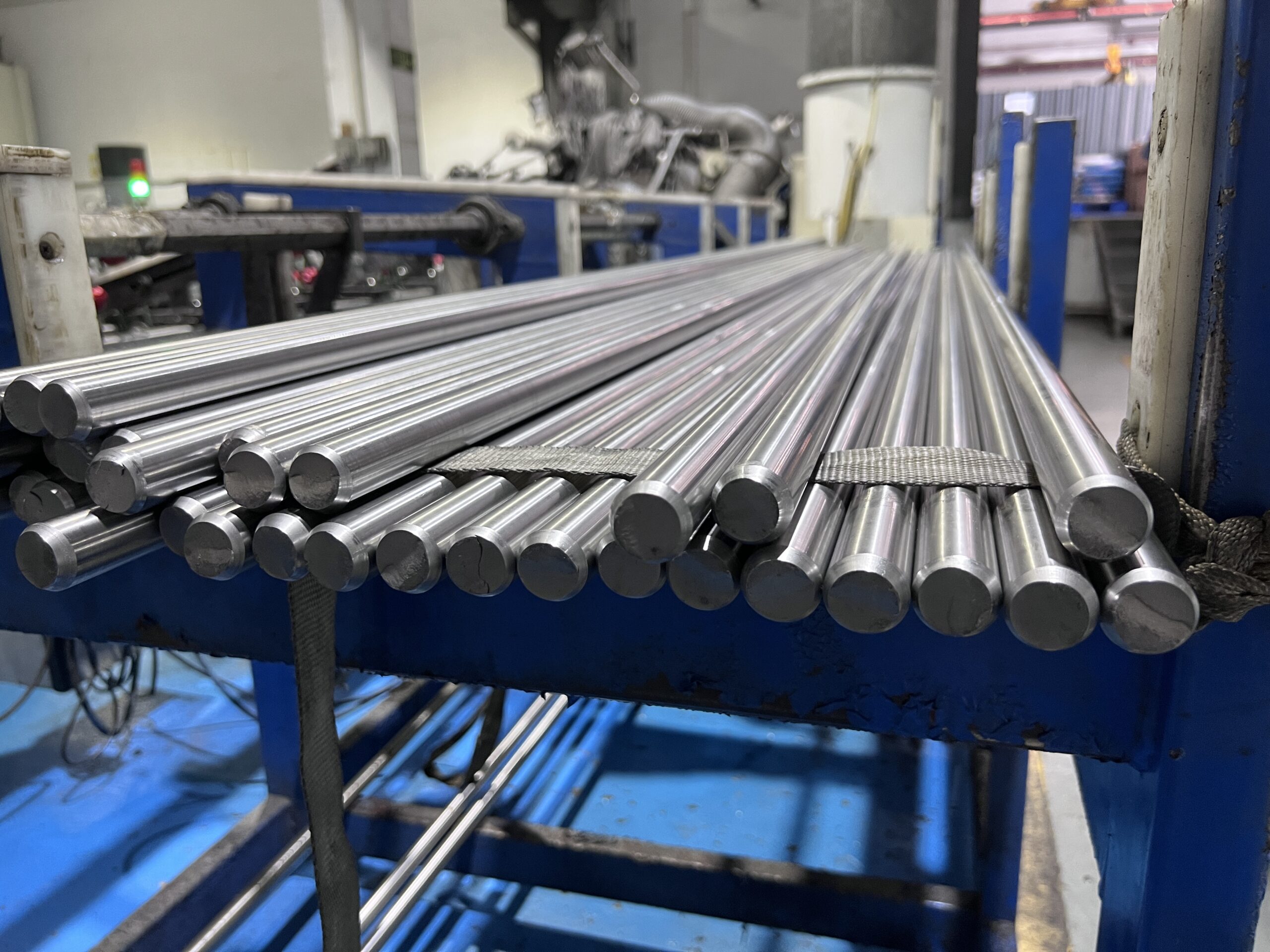Stainless steel rods are widely used in precision manufacturing due to their exceptional mechanical properties, corrosion resistance, and ability to withstand demanding environments. This article explores the key advantages of stainless steel rods and their role in precision machining industries.
Key Benefits of Stainless Steel Rods
1. High Strength and Durability
Stainless steel rods offer excellent mechanical strength, making them ideal for manufacturing components that require high load-bearing capacity. They maintain structural integrity under stress, ensuring long-lasting performance.
2. Superior Corrosion Resistance
Different grades of stainless steel provide varying levels of corrosion resistance, making them suitable for industries exposed to moisture, chemicals, and extreme temperatures.
3. Excellent Machinability
Some stainless steel grades, such as 303 stainless steel, are specifically designed for improved machinability, reducing tool wear and enhancing productivity.
4. Temperature and Wear Resistance
Stainless steel rods can withstand high temperatures and resist wear, making them suitable for aerospace, automotive, and industrial applications.
5. Hygienic and Easy to Maintain
In industries such as food processing and medical device manufacturing, stainless steel rods offer hygienic properties, resisting bacterial contamination and requiring minimal maintenance.
Comparison of Stainless Steel Rod Grades
| Grade | Corrosion Resistance | Strength | Machinability | Best Applications |
|---|---|---|---|---|
| 303 | Moderate | Medium | Excellent | Precision machining, fasteners |
| 304 | High | High | Good | Medical, food processing, structural components |
| 316 | Excellent | High | Moderate | Marine, chemical, aerospace applications |
| 410 | Moderate | Very High | Fair | Automotive, industrial tools |
| 420 | Moderate | Very High | Low | Cutlery, surgical instruments |
Industries That Benefit from Stainless Steel Rods
- Aerospace – Stainless steel rods are used in aircraft components for their strength and heat resistance.
- Automotive – High-strength rods improve durability in engine and structural parts.
- Medical – Biocompatible and corrosion-resistant stainless steel is essential for medical devices and surgical instruments.
- Food Processing – Non-reactive and easy-to-clean surfaces make stainless steel ideal for food production.
- Industrial Machinery – Used in shafts, bearings, and precision components due to its mechanical stability.
Stainless steel rods play a crucial role in precision manufacturing, offering unparalleled strength, corrosion resistance, and machinability. By choosing the right grade, manufacturers can enhance product quality, efficiency, and longevity in various industries.







